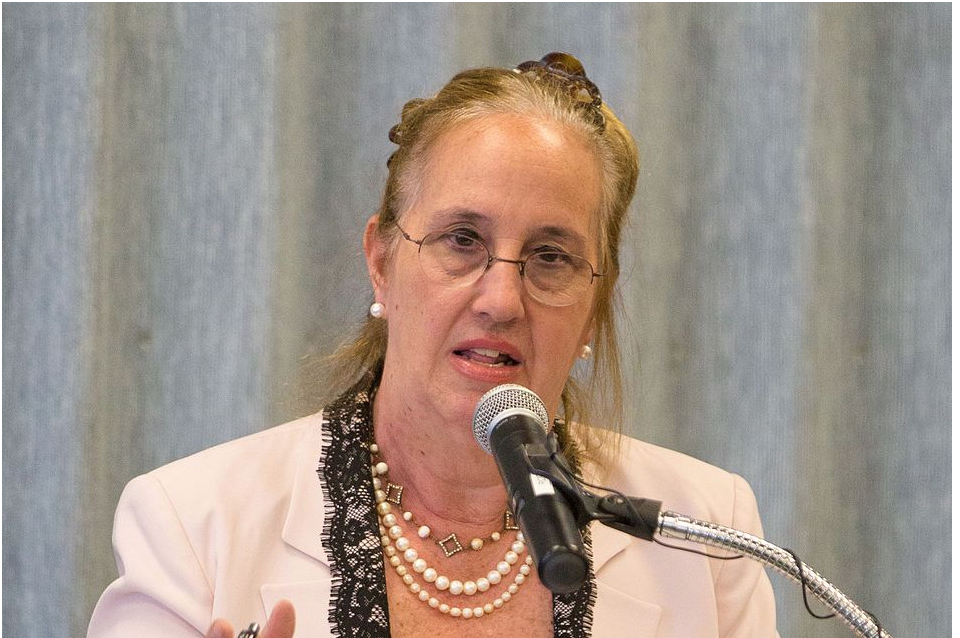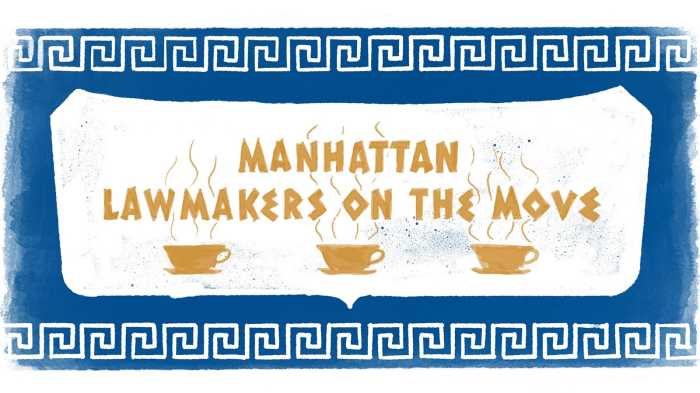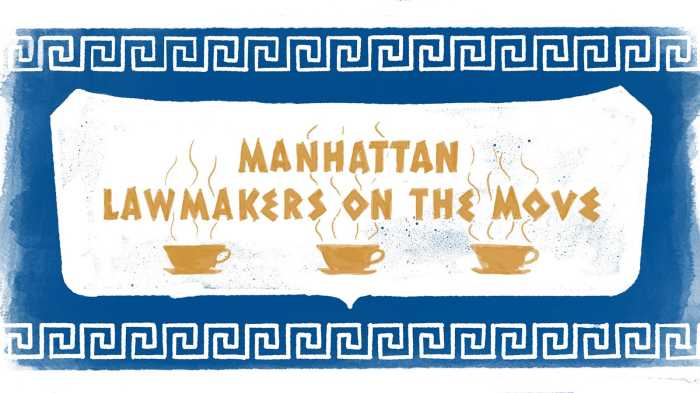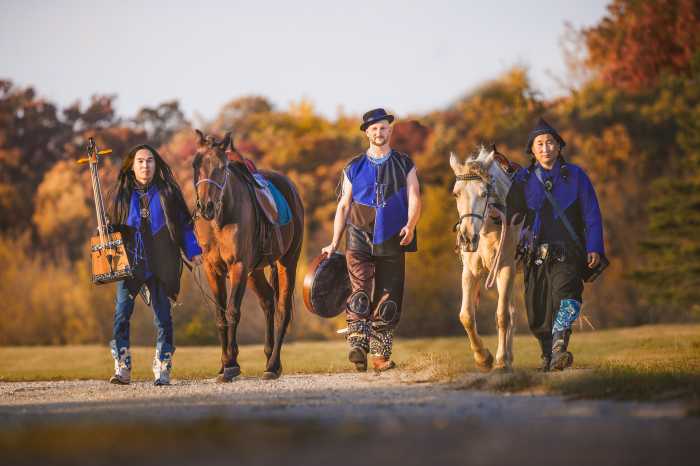With the advent of contact tracing in New York, there’s one question we must address; how do we effectively implement this measure while preserving our right to privacy?
Manhattan Borough President Gale Brewer (D) and U.S. Rep. Jerrold Nadler (D-Manhattan, Brooklyn) went over that question in detail last night, at a virtual town hall meeting hosted by Columbia University.
The two electeds joined a panel of experts, consisting of Carrie DeCell, staff attorney at the Knight First Amendment Institute; Dr. Noémie Elhadad, Co-Interim Chair and Associate Professor of Biomedical Informatics at Columbia University; and Ester Fuchs, Professor of Public Affairs and Political Science at Columbia University.
Last Friday, Mayor Bill de Blasio (D) announced a plan to put together a “test and trace corps” for the City. By June, he intends to have at least a thousand tracers working on the streets; their job will be to test New Yorkers and track where the virus is seeing a surge.
“We know that this is the way, along with testing and treatment, that we can open up and still stay healthy,” said Brewer. “But there are many, many issues; it’s never been done before, and that’s why I think this topic tonight is so important.”
Even before de Blasio made his announcement, the technology sector has been creating tools for precisely this purpose. Ester Fuchs and Noémie Elhadad helped develop CovidWatcher, an app and online portal that surveys users about their exposure to COVID-19. The app warns New Yorkers about viral hot spots and helps healthcare workers determine which areas need the most resources.
Fuchs was quick to point out, however, that the app’s users all consent to having their data collected, and they remain anonymous. The other panelists expressed hope that any federal contact tracing program would follow the same sort of guidelines.
“People basically agree to have their data collected, and it is anonymous,” said Fuchs. “So from the start, unless people say, ‘I want you to know who I am’ for whatever reason, the data remains completely anonymous.”
Nadler, addressing the issue from a legislative standpoint, laid out a few of his expectations for governmental contact tracing. Firstly, our government cannot share any of the data they collect; secondly, the government must purge that data as soon as the need for contact tracing passes; finally, the government must not use the data to create any new surveillance programs.
“I think we all agree that we should do everything possible to harness our nation’s spirit of ingenuity, and use every tool available to stop the spread of this deadly virus,” said Nadler. “At the same time, we must resist the temptation to think there is one silver bullet, or one magical technology solution to solve all our problems. And we must be vigilant that we don’t throw open the doors to new big data programs that can compromise our privacy.”
To add to this, DeCell stressed the importance of ensuring that we only collect data that’s relevant to public health interests. For this reason, she’s wary of contact tracing apps that rely on GPS tracking.
“Some countries around the world are using location data [for contact tracing],” said DeCell. “Location data can reveal much more data about a person that’s much less relevant for public health purposes. If I go for a long drive on an open road, that’s not really relevant for contact tracing purposes. But it can reveal a lot of personal information about me to the government.”
Even so, some of the panelists were open to the idea that the data could be useful for more than just containing the spread of COVID-19. As Fuchs pointed out, we already have data suggesting that the virus has disproportionately impacted poor neighborhoods of color. The data we collect from contact tracing could provide further insight as to which neighborhoods need the most aid.
“We already know there’s disparity in outcomes; we already know there’s disparity in resources,” said Fuchs. “There are structural problems in our healthcare system, in our policing system, that create bad outcomes for minorities. COVID is only shining a bright light on things that we already know from other forms of data. So I think that’s part of what we have to do as we move forward out of this crisis. We have to figure out where we’re going to put our resources.”
To close out the town hall, Dr. Elhadad reminded viewers that contact tracing is a “particularly complex” issue. Great care will need to be taken to ensure that it’s implemented effectively and fairly.
“We’re dealing with complex technologies, and a complex disease that we don’t fully understand,” said Elhadad. “But there are existing frameworks for us to think about, to guide us. Privacy is one of those dimensions, but there’s also consent, transparency, and the benefit for society versus the benefit for each individual.”








